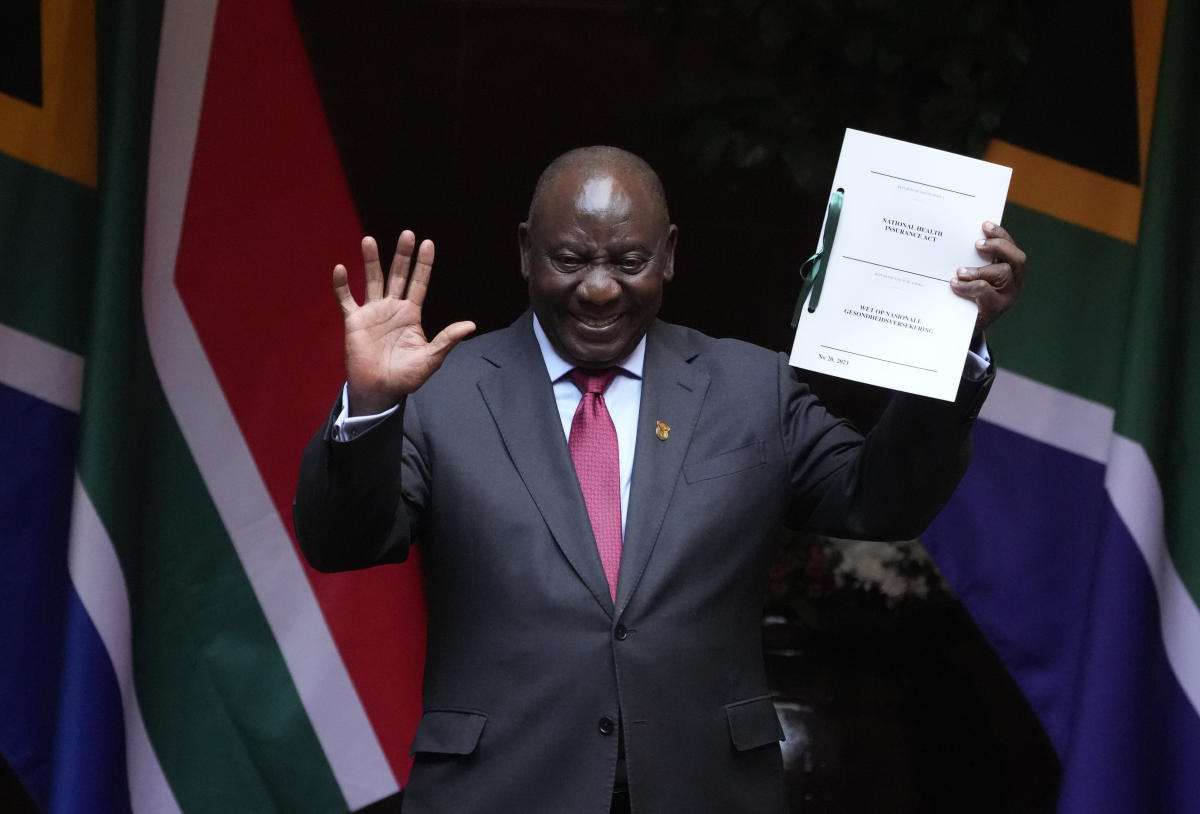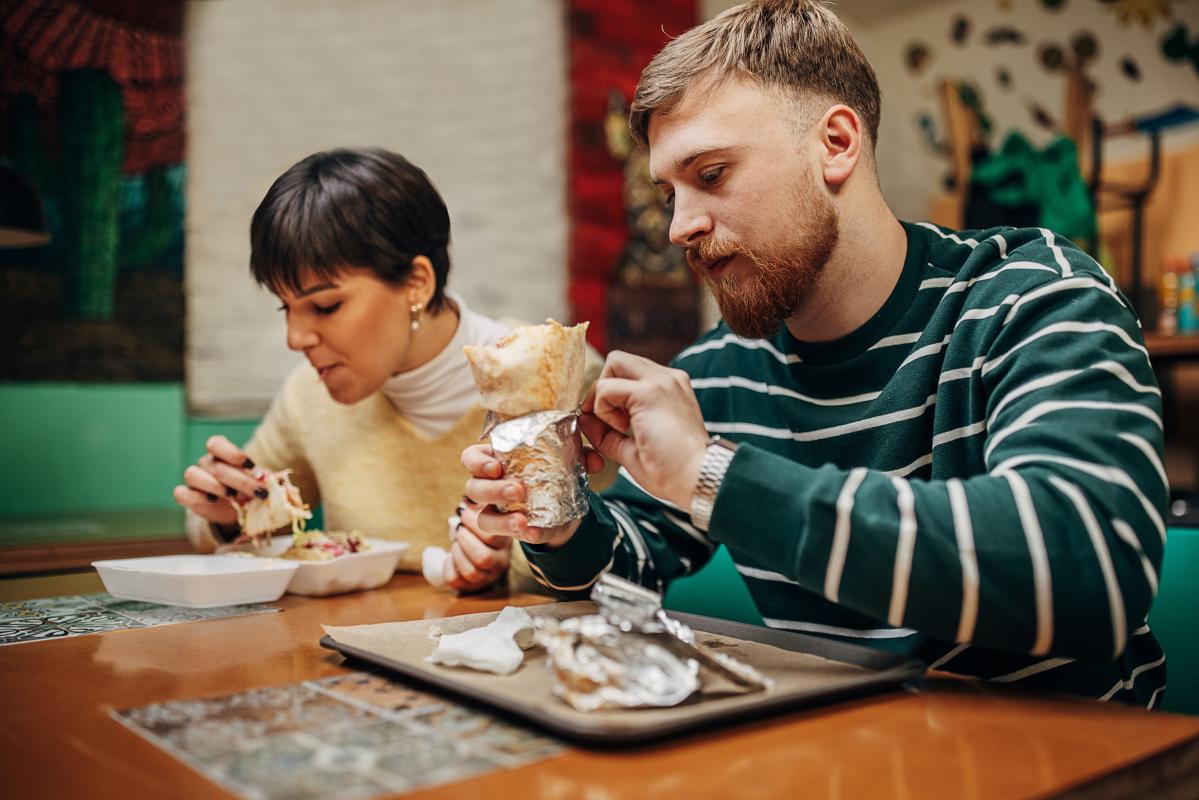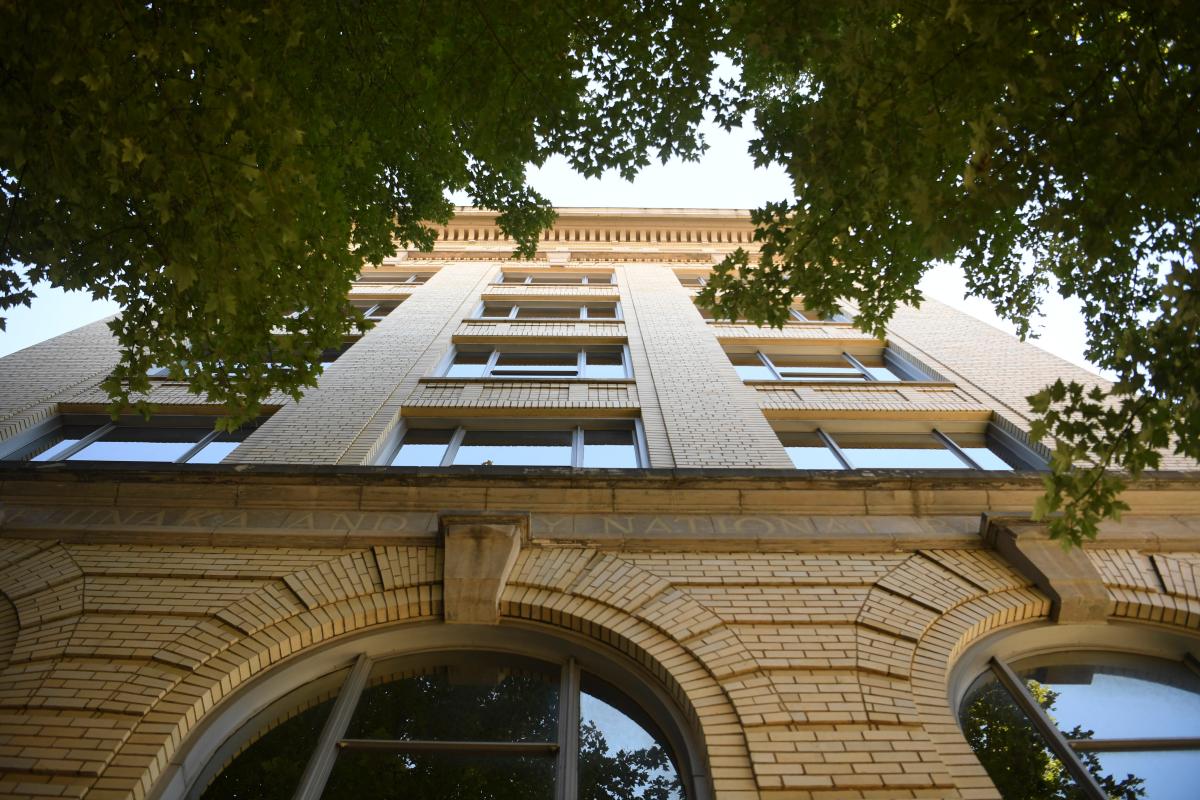JOHANNESBURG (AP) — South African lawmakers are expected to choose the country’s president on Friday after he is sworn in during the first session of parliament, which will also reveal what kind of unity government the ruling African National Congress has managed to put together after it had lost its majority for the first time since 1994.
Lawmakers are also expected to choose the new Speaker and Deputy Speaker of Parliament, choices that will be determined by negotiations that have taken place between the ANC and opposition parties since the country’s election results were announced almost two weeks ago .
Parties are under pressure to conclude negotiations on Thursday to meet the constitutional requirement to swear in lawmakers and elect the president within fourteen days of announcing election results.
The African National Congress won 40% of the national vote in the country’s closely contested elections, followed by the Democratic Alliance with just over 21% and the newly formed uMkhonto weSizwe party with around 15% of the vote in their first-ever elections .
The ANC has chosen to form a national unity government that will include most of the political parties that participated in the elections, rather than a simple coalition with a few parties.
However, the first negotiations have exposed the deep divisions between South Africa’s political parties. Some have already rejected the proposed unity government, while others have agreed to be part of it.
The ANC’s national executive committee, the party’s highest decision-making body between conferences, will meet in Cape Town on Thursday to finalize the agreements it has made with the other parties and will make an announcement afterwards.
On Wednesday, the Inkatha Freedom Party, the fifth largest party with 3.85% of the vote, confirmed that it had decided to join the national unity government, which will be led by the ANC.
It said it had also begun negotiations to form a coalition with the ANC and the Democratic Alliance in KwaZulu-Natal province, where the MK Party received the most votes.
“We will participate in the government of national unity in the interest of our country and in the interest of our people, who want life to continue with a stable government that will address their challenges,” said IFP President Velenkosini Hlabisa.
While the MK Party emerged as perhaps the biggest winner in the elections with an impressive performance despite being formed only six months ago, it has refused to join the unity government and tried to prevent the assembly from being would go.
The Constitutional Court on Thursday rejected the party’s request to ban the chief justice from convening the first hearing, giving the green light to proceed.
The party continues to dispute the election results, claiming widespread election fraud, and has said its 58 elected lawmakers will boycott the session.
Under South Africa’s constitution, only a third of the four hundred members of parliament need to be present for a quorum and for the vote on the election of the president to proceed.
South Africa’s Independent Electoral Commission and independent observers declared the elections free and fair.
As the deadline for reaching an agreement approached on Thursday, the divide between the second-largest party, the Democratic Alliance, and the fourth-largest party, the Economic Freedom Fighters, appeared to be one of the key sticking points.
The left-wing Economic Freedom Fighters have said they will not be part of any settlement involving the centrist Democratic Alliance, which they accuse of being anti-black and opposing policies aimed at addressing the injustices of the South Africa’s past, including strengthening the black economy and land redistribution.
The parties continue to disagree ideologically, with the Democratic Alliance declaring the EFF its biggest rival last year.
The animosity between the two suggests that the ANC may have to form a national unity government that does not include the EFF and the MK party, a pattern that could also play out in coalition governments at the provincial level, where the ANC is also absent managed to maintain a government. majority in several provinces.







